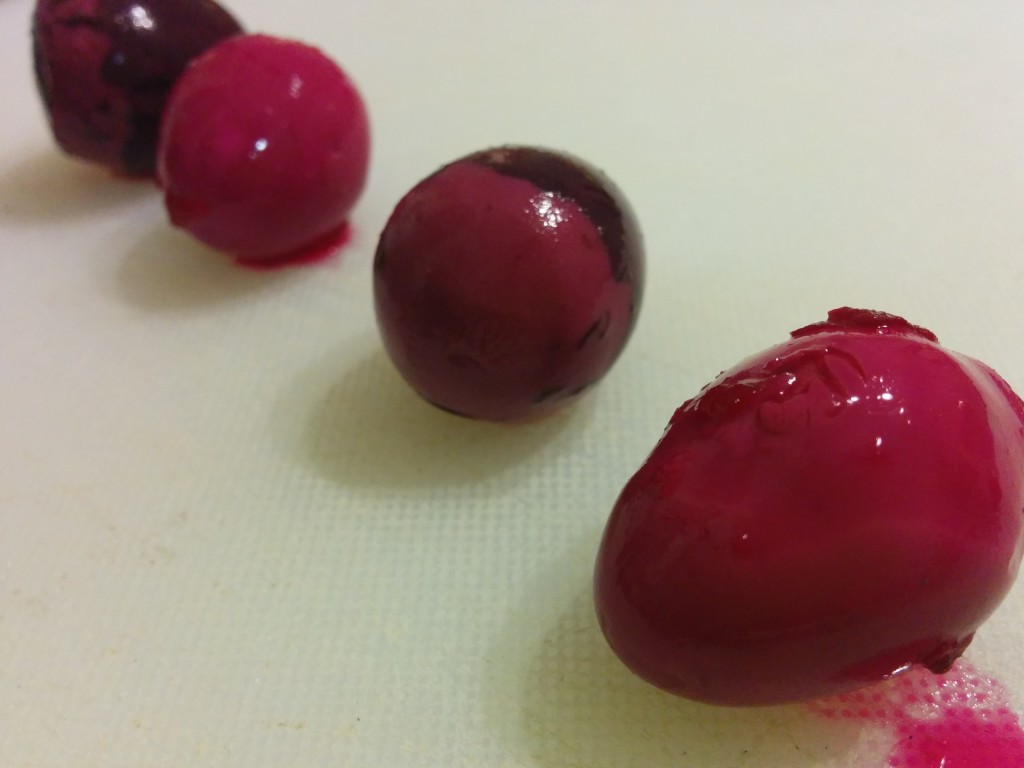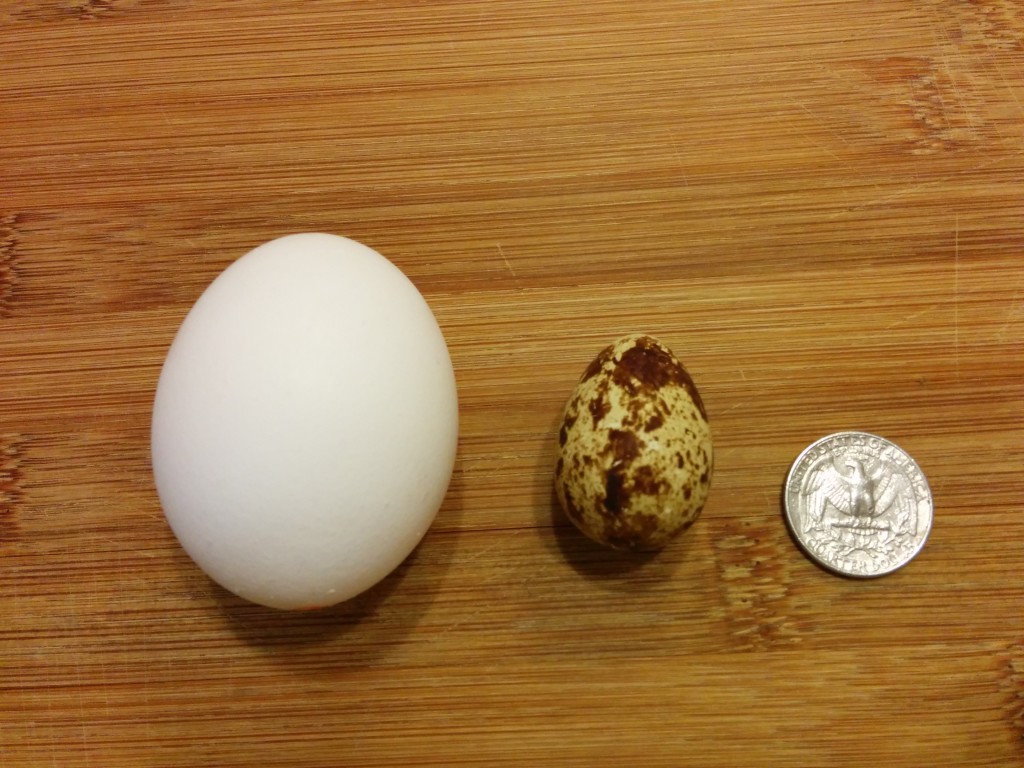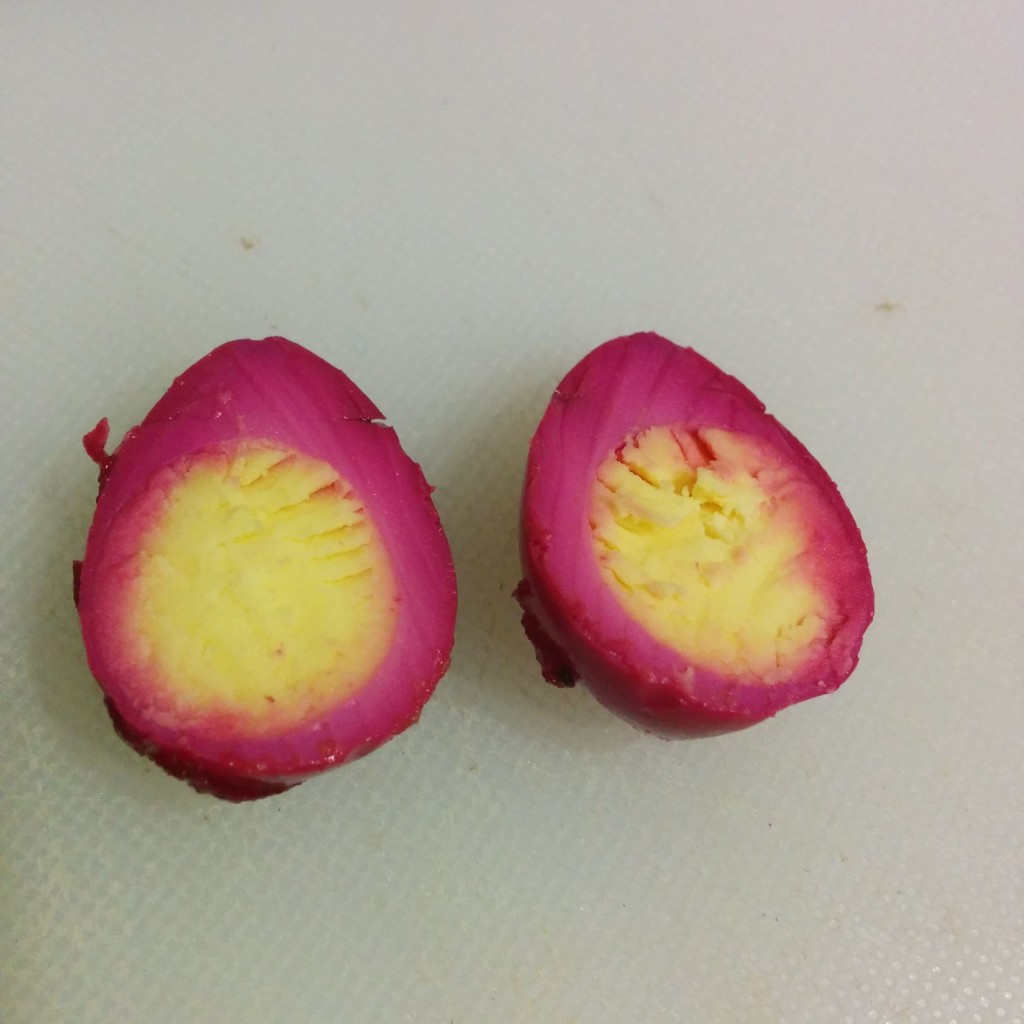 Once upon a time, I took a contract job planning a luxury event for a Silicon Valley company that involved multiple meetings at a lavish, private social club called The Battery.
Once upon a time, I took a contract job planning a luxury event for a Silicon Valley company that involved multiple meetings at a lavish, private social club called The Battery.
The Battery is the kind of place that elicits vitriol from the blogosphere. With eviction anxiety in San Francisco at an all-time high, erecting a huge, downtown playground for the city’s new high society doesn’t sit well with the 99 percent. Usually, I’m the 99 percent; I was employed on a three-month contract, and I’m probably the only person who has traveled there via public bus — most members took Uber, and not the lower-priced UberX service.
But even when I didn’t feel like I fit in at The Battery, I was still inside the building — albeit accompanied by a member.
The Battery is its own Wonderland. In the courtyard, a pile of plush, oversized pillows sits on lush green grass, trimly manicured like a croquet court. A large swath of the patio is dedicated to an oversized chess set featuring playing pieces the size of toddlers. The seats of the dining room are covered in handsome, cognac-colored leather, and the walls are dotted with exotic game hunting trophies.
I distinctly remember marveling at the dead zebra head nailed to the wall behind me, when my boss handed me a plate of tiny, neon yellow, pickled quail eggs and said, “Try these, they are extraordinary.” She was right.
From that day on, quail eggs have taken on a surreal quality for me. They’ve become a symbol of a strange past life, where I was surrounded by the curiosities that come with extreme wealth (taxidermied endangered species, a swimming pool dotted with gold tiles), all while feeling extremely anxious about my precarious employment situation (what would happen when my contract ended?). In Lewis Carroll’s Wonderland, the Queen of Hearts probably demanded red, pickled quail eggs to be delivered by hand by her army of anthropomorphic playing cards. In my memory, those strange days at the Battery came eerily close.
 My local speciality food store charges $5.99 for a 10-pack of quail eggs, which simply reinforced my feelings of quail egg class anxiety. But when I discovered that my local Asian grocery store sold 10-packs for just $1.29, I began to feel like maybe these tiny delicacies were something that people like me could have, too — so I decided to give them a try.
My local speciality food store charges $5.99 for a 10-pack of quail eggs, which simply reinforced my feelings of quail egg class anxiety. But when I discovered that my local Asian grocery store sold 10-packs for just $1.29, I began to feel like maybe these tiny delicacies were something that people like me could have, too — so I decided to give them a try.
If you Google “pickled quail eggs,” one of the first recipes that appears is this recipe on Chow. With just seven ingredients and 45 minutes of prep time, it seemed almost too easy to make these little morsels that have long seemed, at least mentally, luxurious beyond reach. In addition to the beets prescribed in the recipe, I decided to try a batch using blueberries, in hope of adding an extra level of curiosity to the set with a different-colored pickle.
I was ready. Or so I thought.
There is a well-documented psychological phenomenon called impostor syndrome where people have trouble internalizing their own accomplishments, instead remaining convinced that all of their achievements are the result of luck rather than skill. It’s possible that I’ve developed impostor syndrome, but in this case the accomplishment is actually just making and consuming pickled quail eggs.
When I took the brown, speckled eggs home and laid them out on the counter, I started feeling uncomfortable with the idea of eating them. They could have been baby birds, I thought to myself, knowing full well that I make myself scrambled eggs every morning without batting an eye.
Then I worried that all of the eggs had gone bad. I threw out two eggs that broke on the way home. I threw away three more after putting them in a pot of water and watching them float to the surface, a sign of rot. I dropped a fifth egg on the floor, and my dog swooped in to eat it before I could save it. They proved difficult to peel, and I ended up tearing apart the egg whites on a few of the remainders. As I poured the pickling juice over the eggs and put them in the fridge, I was convinced that I had created tiny botulism bombs.
 The next day, I opened the jar expecting it to smell rotten or bloom with mold … and was pleasantly surprised to find the eggs looked appropriately pickled (though the blueberry ones were curiously bi-colored, as if they had been dip-dyed.) I fished out two of each egg and put them on a plate for myself and my roommate Jono. I bit into a beet-pickled egg and made a face.
The next day, I opened the jar expecting it to smell rotten or bloom with mold … and was pleasantly surprised to find the eggs looked appropriately pickled (though the blueberry ones were curiously bi-colored, as if they had been dip-dyed.) I fished out two of each egg and put them on a plate for myself and my roommate Jono. I bit into a beet-pickled egg and made a face.
“Is it bad?” he asked.
“No, but I can’t eat it!”
“Just pop the whole thing in your mouth,” he said.
“I don’t think I can.”
I ran to the compost bin and spit the egg out. Jono popped a beet egg into his mouth and said, “Vicky, these are great!”
I looked at the eggs, looked at him, and back at the eggs. Even if they were good, I simply didn’t have it in me.
Pickled Quail Eggs
Recipe adapted from Christine Gallary at Chow
1/2 cup cider vinegar
1/2 cup water
1/2 cup peeled and grated beet OR 1/2 cup frozen blueberries
4 teaspoons granulated sugar
2 teaspoons salt
2 teaspoons pickling spice (this is just a generic mix I bought at a store. It contains a lot of mustard seed)
24 quail eggsSanitize your jars: put jars in a large stock pot. Fill both the jars and the pot with water until the jars are completely submerged. Put the pot on high heat and bring to a boil. Boil for 15 minutes, then carefully remove jars and allow them to dry.
Make a pickling solution: Mix together all of the ingredients but the eggs in a small saucepan. Bring to a boil and stir until the sugar and salt are dissolved, about 5 minutes on medium-high heat. Remove from heat and allow to cool to room temperature, about 30 minutes.
Cook the Eggs: Prepare an ice water bath by filling a large bowl with water and ice cubes. Gently place the eggs in a medium saucepan and cover with about an inch of water. Place the pot on high heat until the water comes to a boil. Once it boils, remove from heat, put a lid on it, and wait for 3 minutes. After 3 minutes, fish the eggs out with a slotted spoon and gently drop into the water bath. Keep them in the bath until they are cold.
Prep the eggs: Once the eggs are cold, carefully crack and peel them, rinsing them in cold water to remove any shell fragments. If they are difficult to peel, try soaking them in vinegar and water for 10 minutes and try again. Transfer peeled eggs to a glass jar with a tight-fitting lid (mine were half-pints but a full pint probably would have been good too).
Pour on the juice: Strain the pickling juice using a fine mesh strainer, and then pour over the eggs. Put eggs in refrigerator and let sit for 24 hours. Eat within 1 week.



